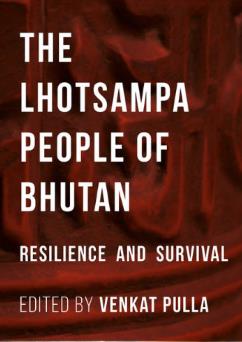
Edited by Venkat Pulla
This book provides insight into one of the world's quietest human rights abuses. In the 1890's the government of Bhutan allowed many ethnic Nepalese people into the country to clear Bhutanese jungles in the south of the country. Barely a century later, the Lhotshampa, meaning people who lived in the South, constituted 45% of the country's population. They lived as an agrarian community, and their position as food suppliers for Bhutan helped them to achieve educational, economic, and political success. With this rise in prosperity, the Bhutenese Drukpa government enacted a number of policies in the 1980s and 1990s designed to expel the Lhotshampa people. For over two decades, more than 100,000 Lhotshampa lived in refugee camps in Nepal, yet the global community remained largely ignorant. The Lhotshampa demonstrated extraordinary handling of adversity through spiritual meaning making, and this book is a testimony to their survival and the resilience that allowed them to build new lives against heavy odds.
Venkat Pulla is Discipline Coordinator of Social Work at the Australian Catholic University, Brisbane, Australia. He has taught at several other universities in Australia and India. His research focuses on issues like green social work, spirituality and resilience. Sarjoh Bah, ADSi board member also contributed to this book from the point of the organisation, his practice in the frontline, and study / research experience. Should you be interested in this book, you may have a copy here via this link.

